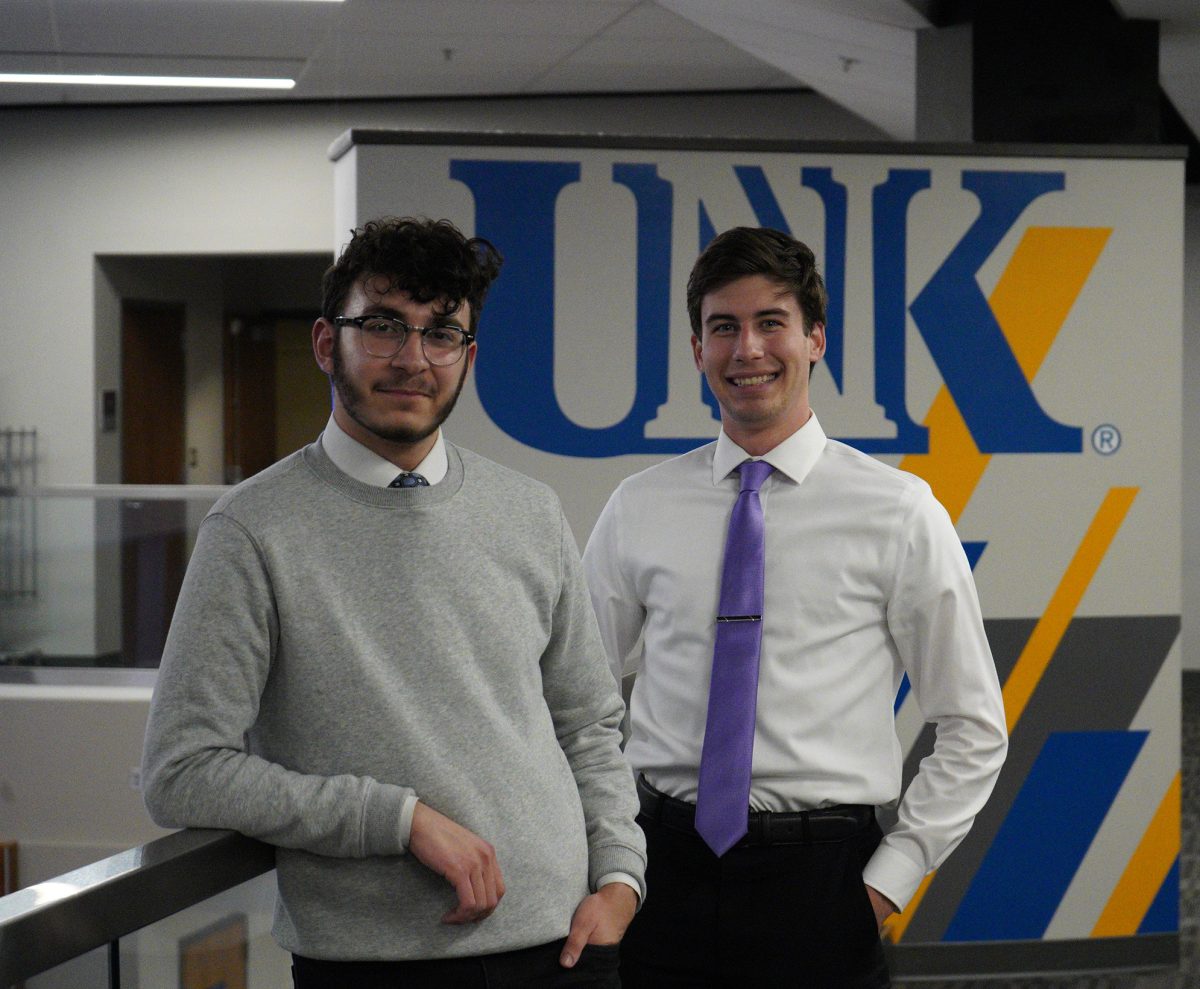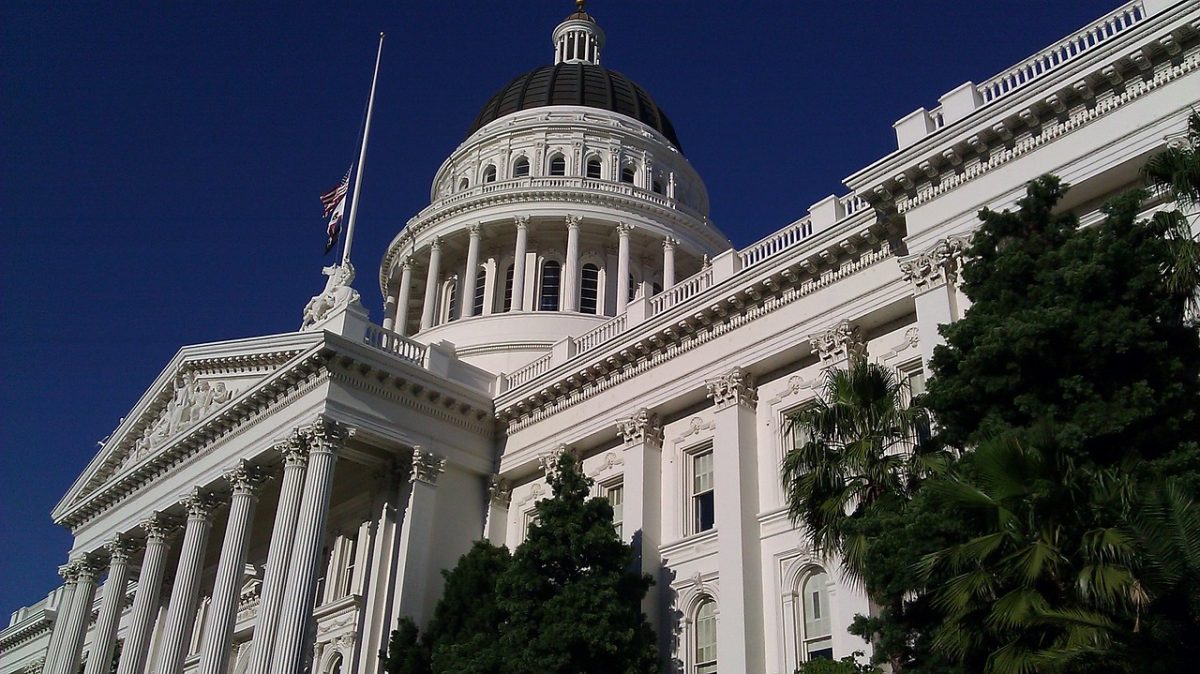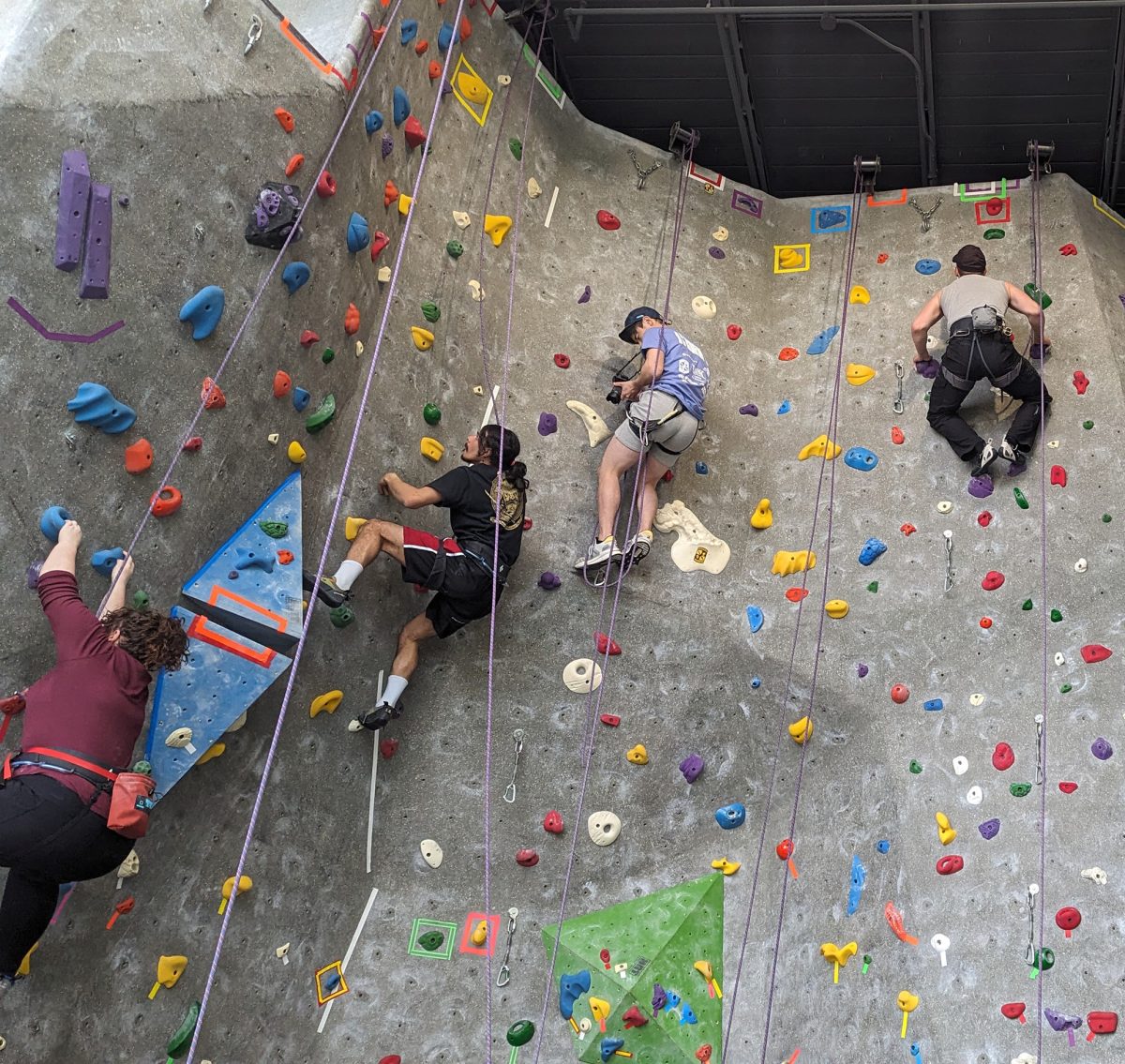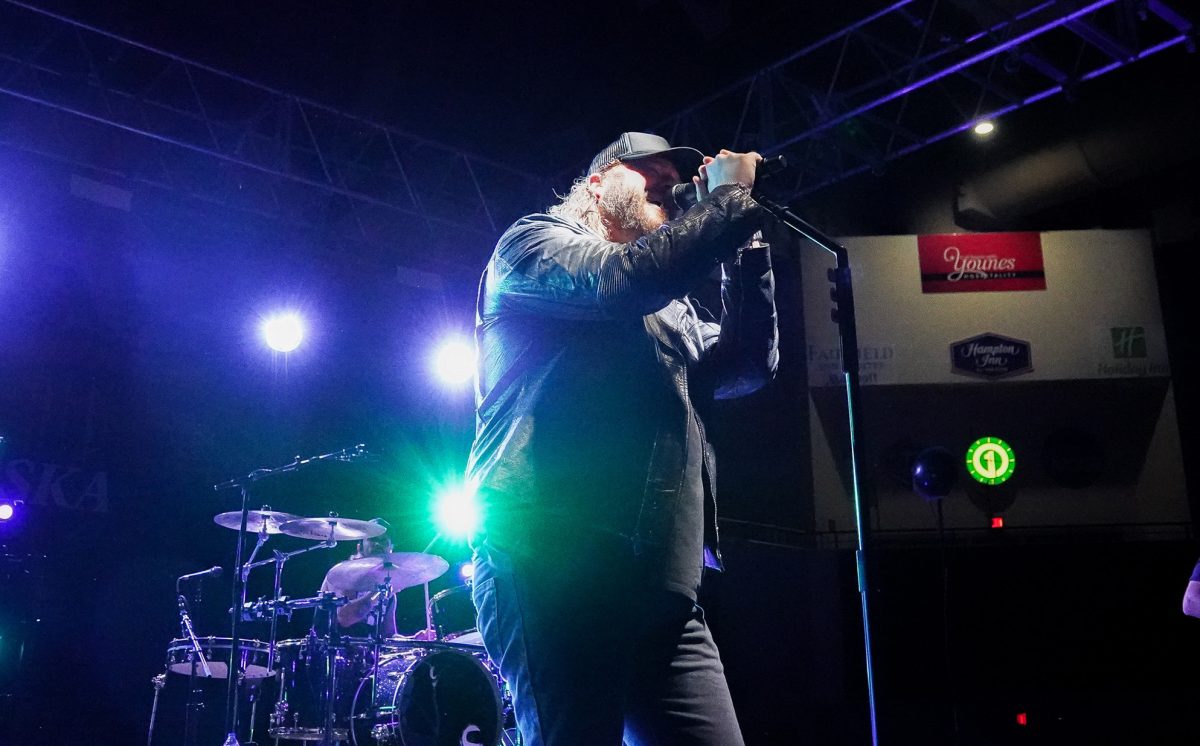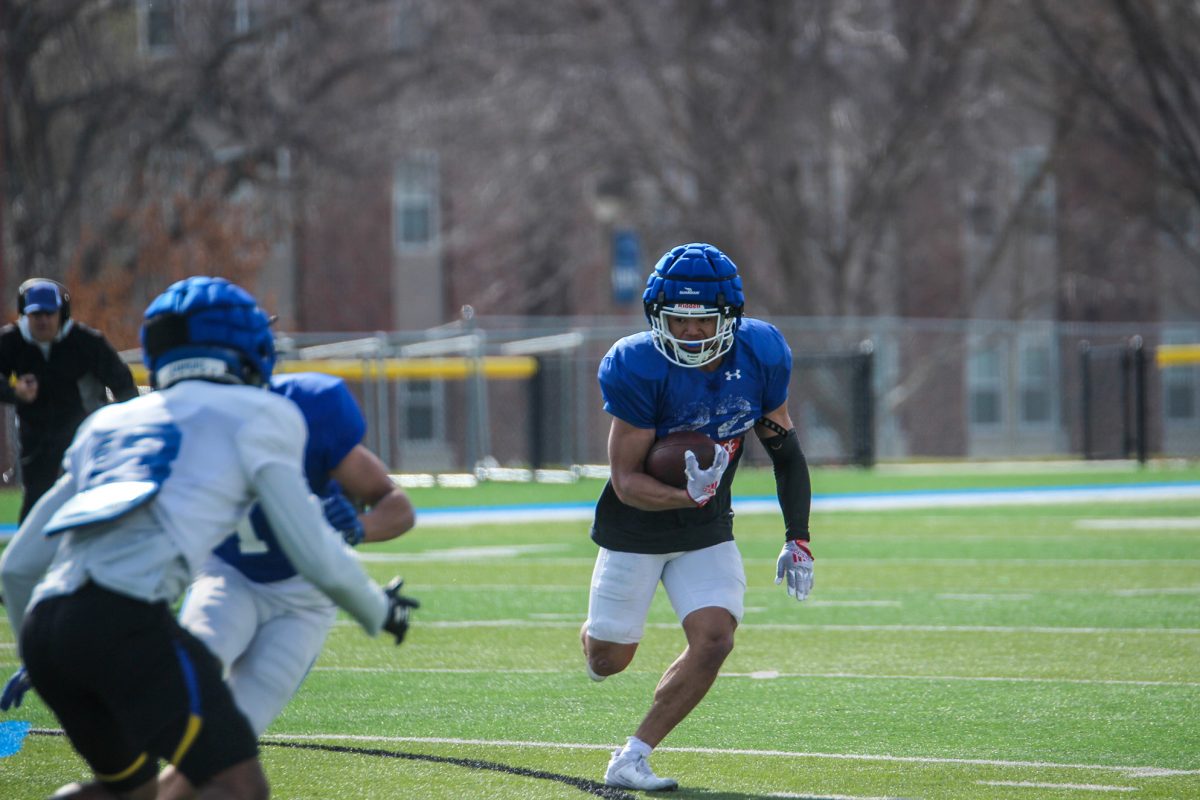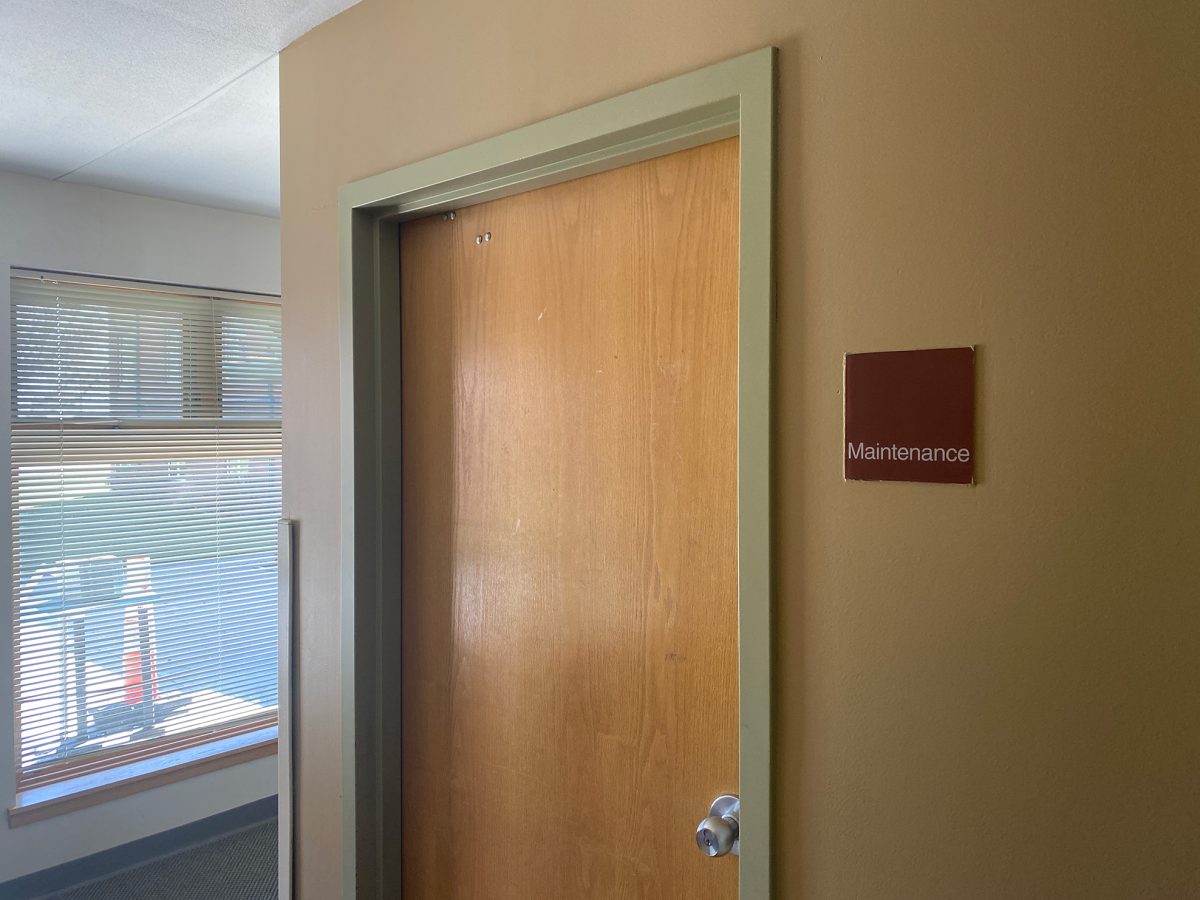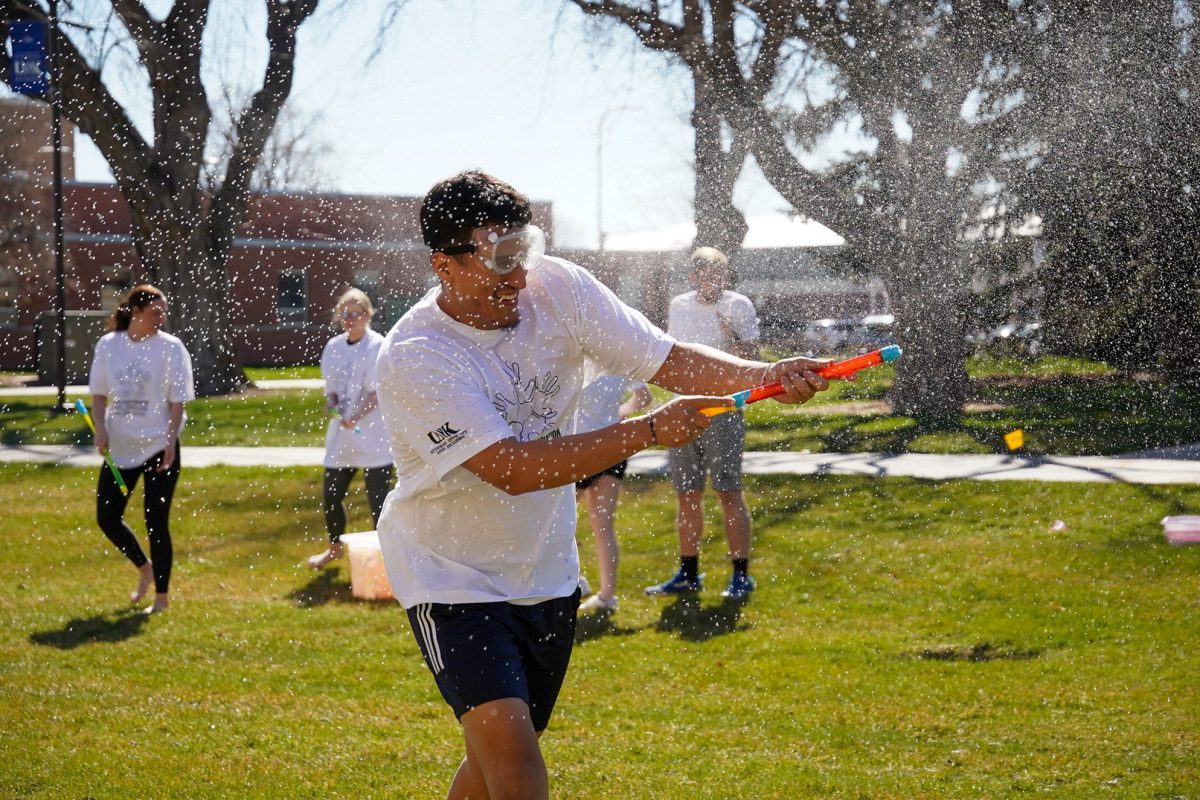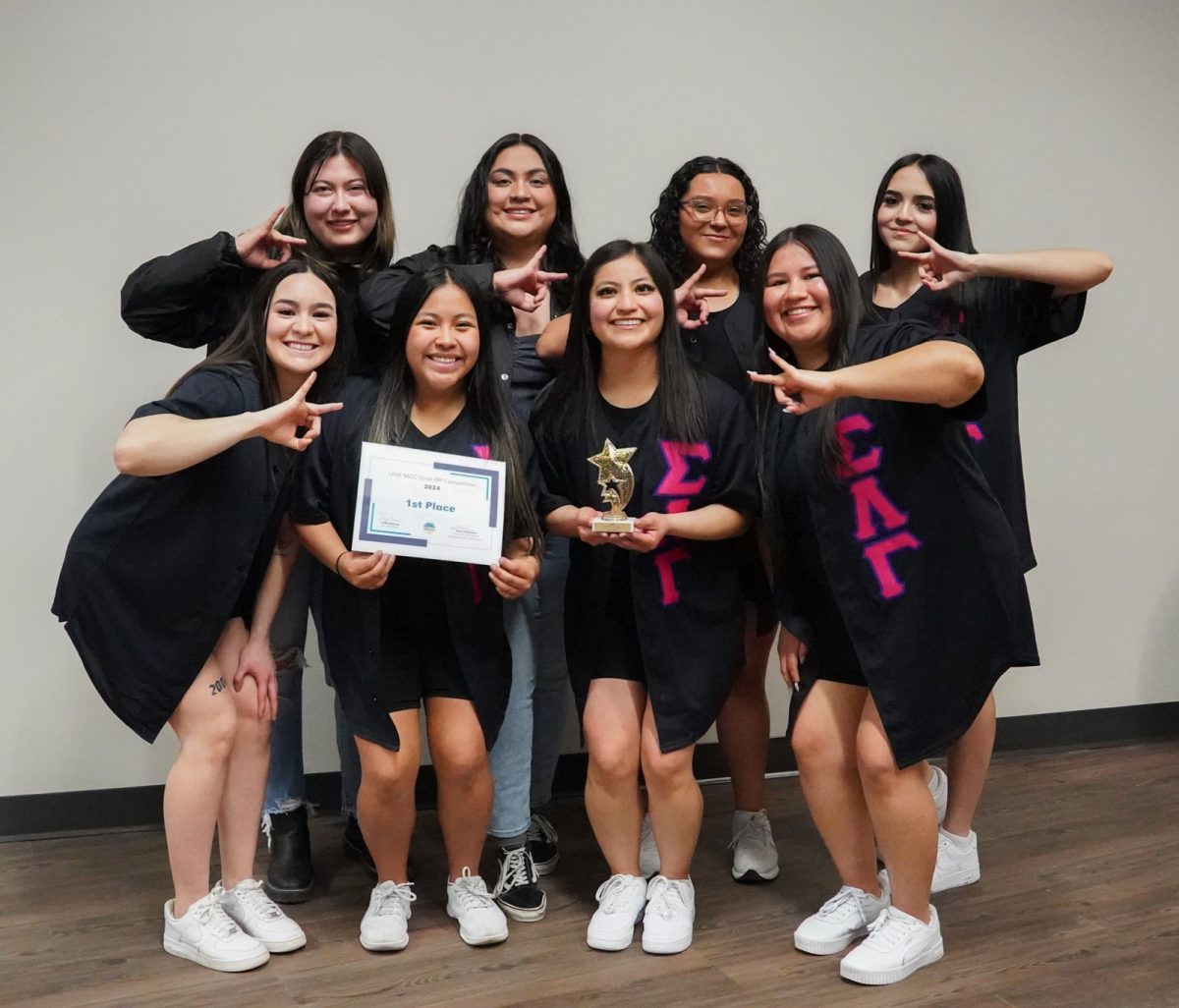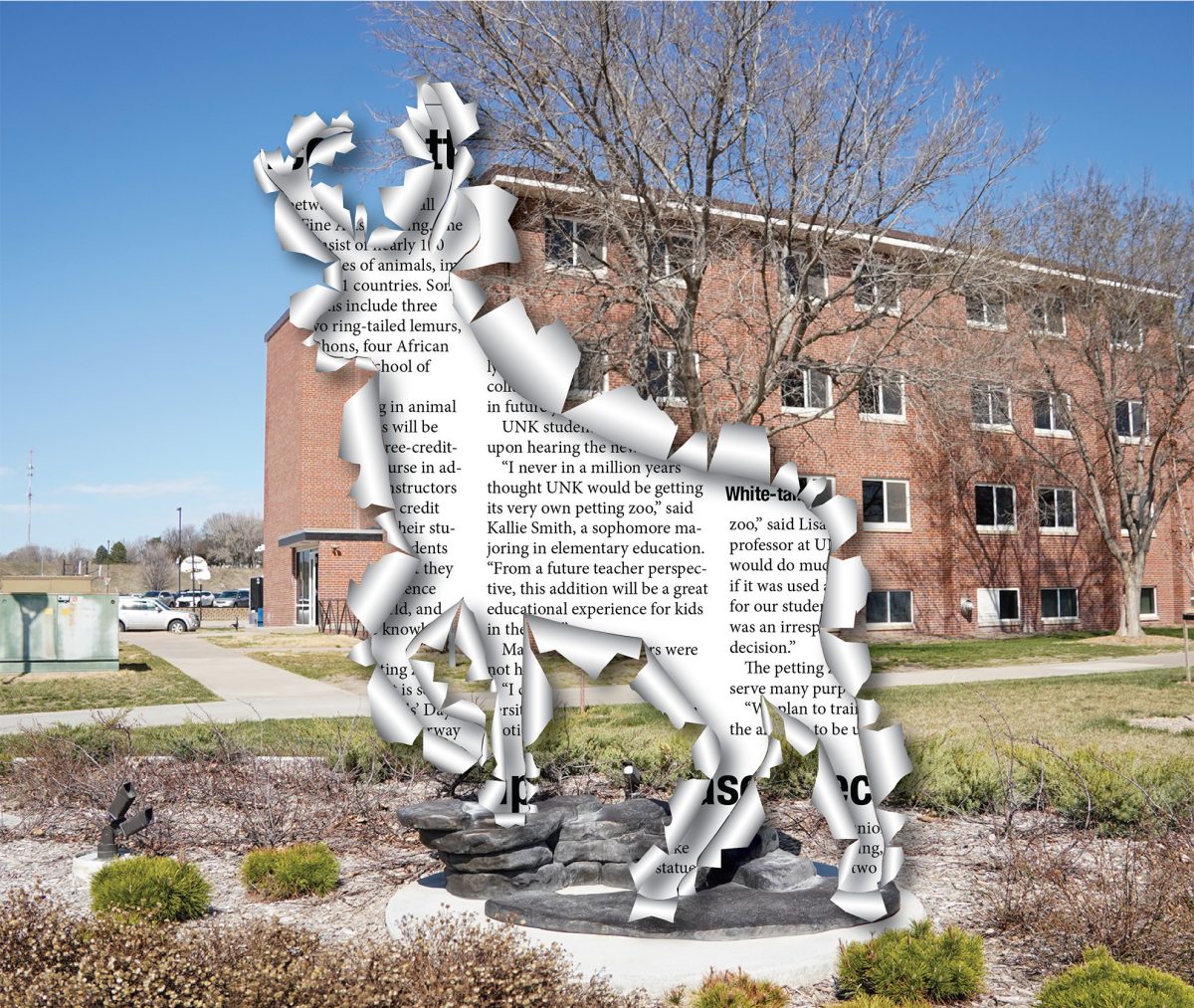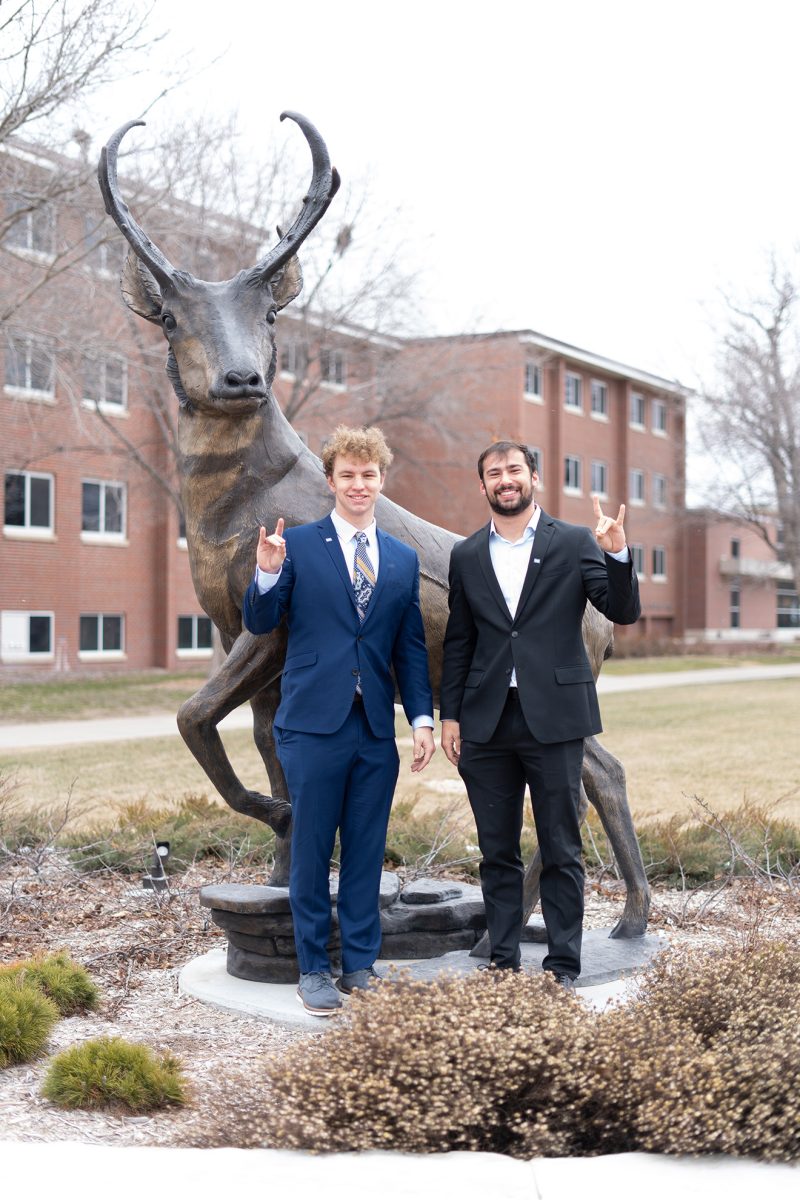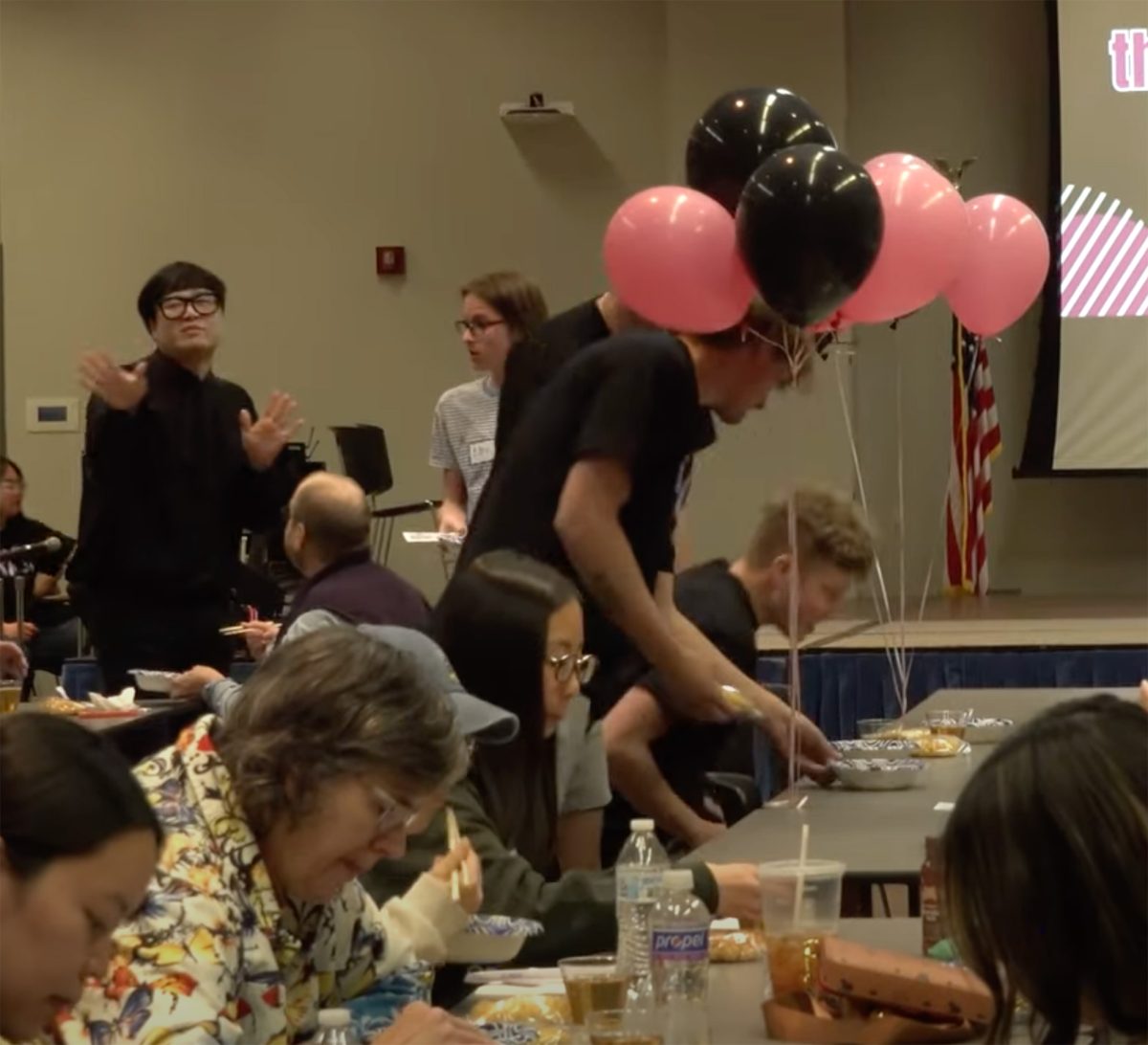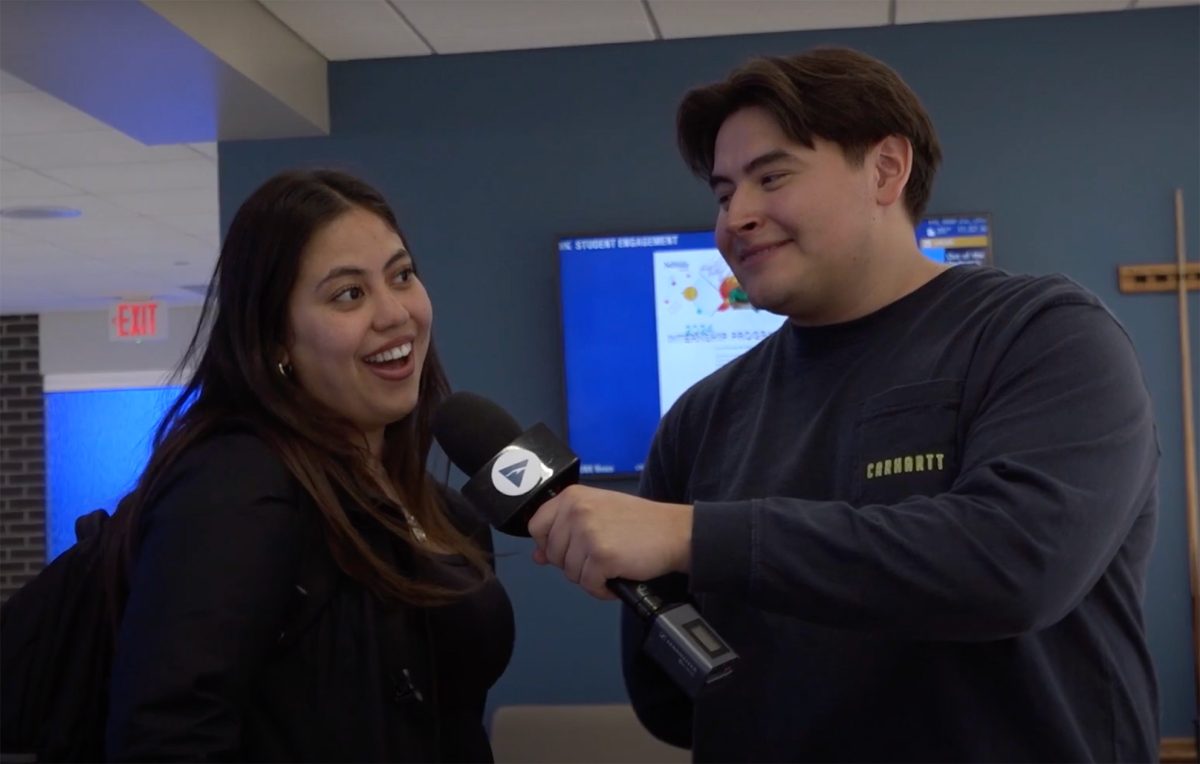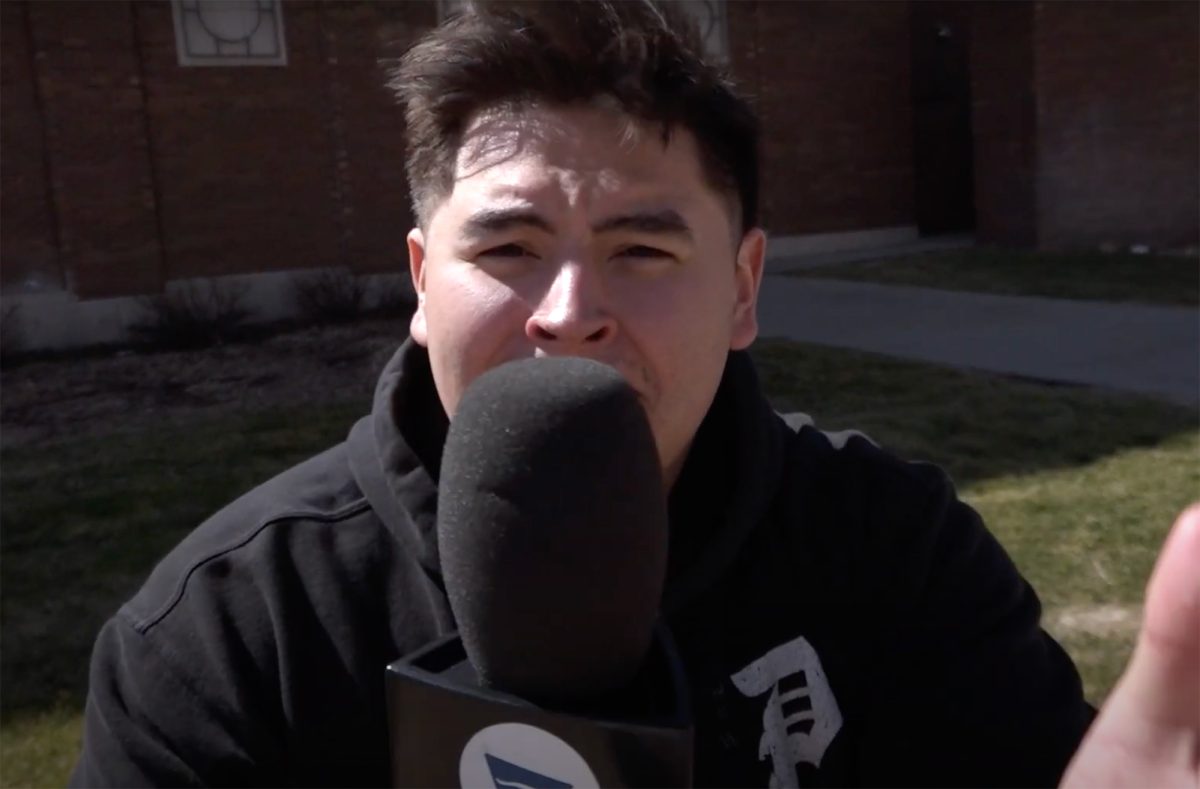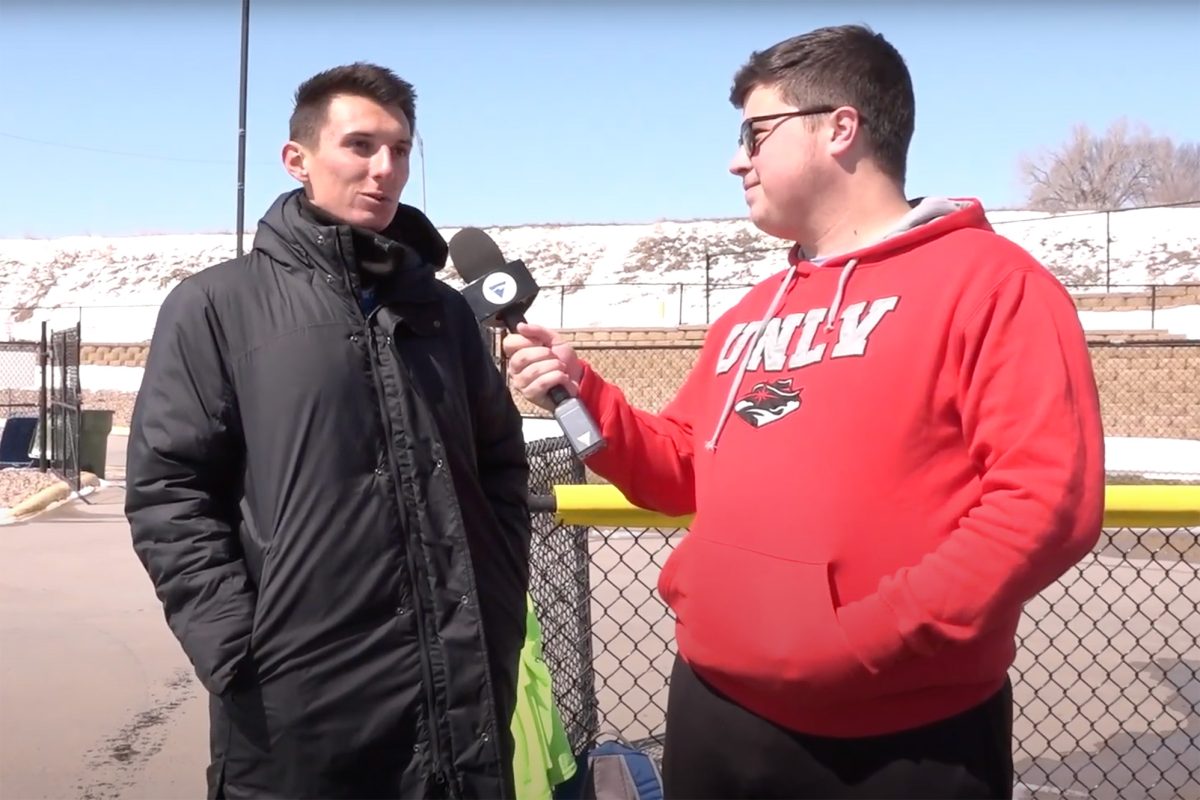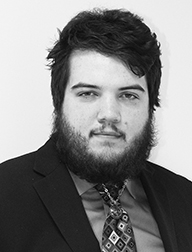
Antelope Staff
Educator opinions on new Secretary of Education
If you tried to ignore all of the white noise and sound bites coming from Trump, including labeling the media as the enemy of the American people, you could see he has done next to nothing in his first month. This is surprising because usually the “first 100 days” are often seen as the time when the most legislation gets passed and the government enjoys a honeymoon phase. While it is clearly now anything but successful, what little he has accomplished is unsettling, especially his confirmation of Betsy DeVos as the new Secretary of Education.
As I am currently an education major and have aspirations of being a father one day, this perhaps has more impact on my future than the egotistical maniac in the Oval Office. While I could give my personal opinion on this individual, I have not been in the trenches of education and therefore don’t have real-life experience from which I can derive an opinion on this matter. Instead, I asked four local educators for their opinions on the matter. These individuals are active in education and have taught at multiple levels. To ensure anonymity, I will be using falsified names from educators in fiction: Miss Wormwood (from Calvin and Hobbes), Miss Nelson (from Miss Nelson is Missing), Mr. Skinner (of Simpson’s fame) and Professor X (no further explanation needed, I hope).
Opinions on the new Secretary of Education
The first question I asked was for their opinions on the new Secretary of Education. All four of them mentioned that DeVos is a political animal, though each to varying magnitudes. Mr Skinner was perhaps the kindest, pointing out that DeVos has networks and connections to get the needed political clout to push for changes.
“All four of my interview subjects are very active in education and some of them even teach future educators so this offered some insight as to what they think could be done to make the schools more effective.”
Professor X mentions that many have called Devos dangerously unqualified and that she made about two million in the previous election cycle. X also pointed out that neither DeVos nor her children ever attended a public school. Why has she been placed in a position that oversees public schools?
Miss Nelson expressed similar worries about her lack of experience in the public realm of education. All DeVos has experience with is charter/private schools, and demonstrates a lack of knowledge when it comes to federal regulations such as IDEA (Individuals with Disabilities Education Act).
Miss Wormwood voiced the same concerns X and Nelson, though she put it best in her own words, “But overall, I do see a small glimmer of positive in this controversy. At least the topic of education is being addressed by Americans. Usually, education takes a back seat to terrorism, immigration, budget cuts, etc. WE are discussing education … The bottom line is we are examining educational issues from many different perspectives.”
School vouchers, charter schools and private schools
The next question I asked the educators was “In the next 10-20 years, will the field of education shift considerably towards charter/private schools or not?”
DeVos is a big advocate for school vouchers, charter and private schools. In most of my conversations, the professionals pointed out that Nebraska does not allow charter schools within their state, though with this new Secretary that could change.
Professor X stated that those who wish to see the public school system dismantled won’t give up and the Nebraska Unicameral is pushing for funds to be allocated to private/parochial schools. That seems unusual to her, as Nebraska Public Schools are among some of the best in the nation.
Miss Wormwood also pointed out the push to charter schools, but saw them as a way to possibly bring new ideas to the table when it comes to education.
Mr. Skinner noted that this push would change public education from what we currently know, because there is always going to be a finite amount of money to go to education. If more of these limited funds are being sent to private schools, public schools will need to make some changes.
Miss Nelson sees that, despite the interest in the private sector of education, there will always be solid support for public education because there are great opportunities offered at public schools.
How to improve education
The final question was a bit broader than the other two but does play along with the future of education. “Given your recent experiences in the schools, what should the schools do to improve their education offered?” All four of my interview subjects are very active in education and some of them even teach future educators so this offered some insight as to what they think could be done to make the schools more effective.
Miss Nelson explained that she believes teachers need to be in the schools for the right reason and to make the teachers go through a variety of workshops and lessons each year. To her, the realm of education is dynamic and the teachers need to keep pace with the changes in education.
Mr. Skinner voiced similar issues, though he wants to see schools focus on ‘soft’ skills such as communication, working in groups and understanding the needs of high and low skilled students. Teachers, in his eyes, need to teach students because education reflects our world and students need to be prepared to face the world.
Miss Wormwood repeated her focus on the fact that teachers are there for the students and need to base their decisions around them. Also, there need to be plans for high-performing students so they don’t fall down to average levels, as well as combating boredom in school.
Professor X feels that, along with what was stated by the others, schools need to hire trained professionals with access to many facilities to educate students at all levels while forging a bond between the school and the community.
Four educators, four different opinions on the new Secretary of Education and the future of education. Hopefully things will turn out for the better and DeVos will realize that going to one extreme will not fix all the problems but instead, will just create more. Until then, educators like the four I interviewed will influence future teachers and professors, working to put the interests of children at the forefront of those twelve years of primary education.

